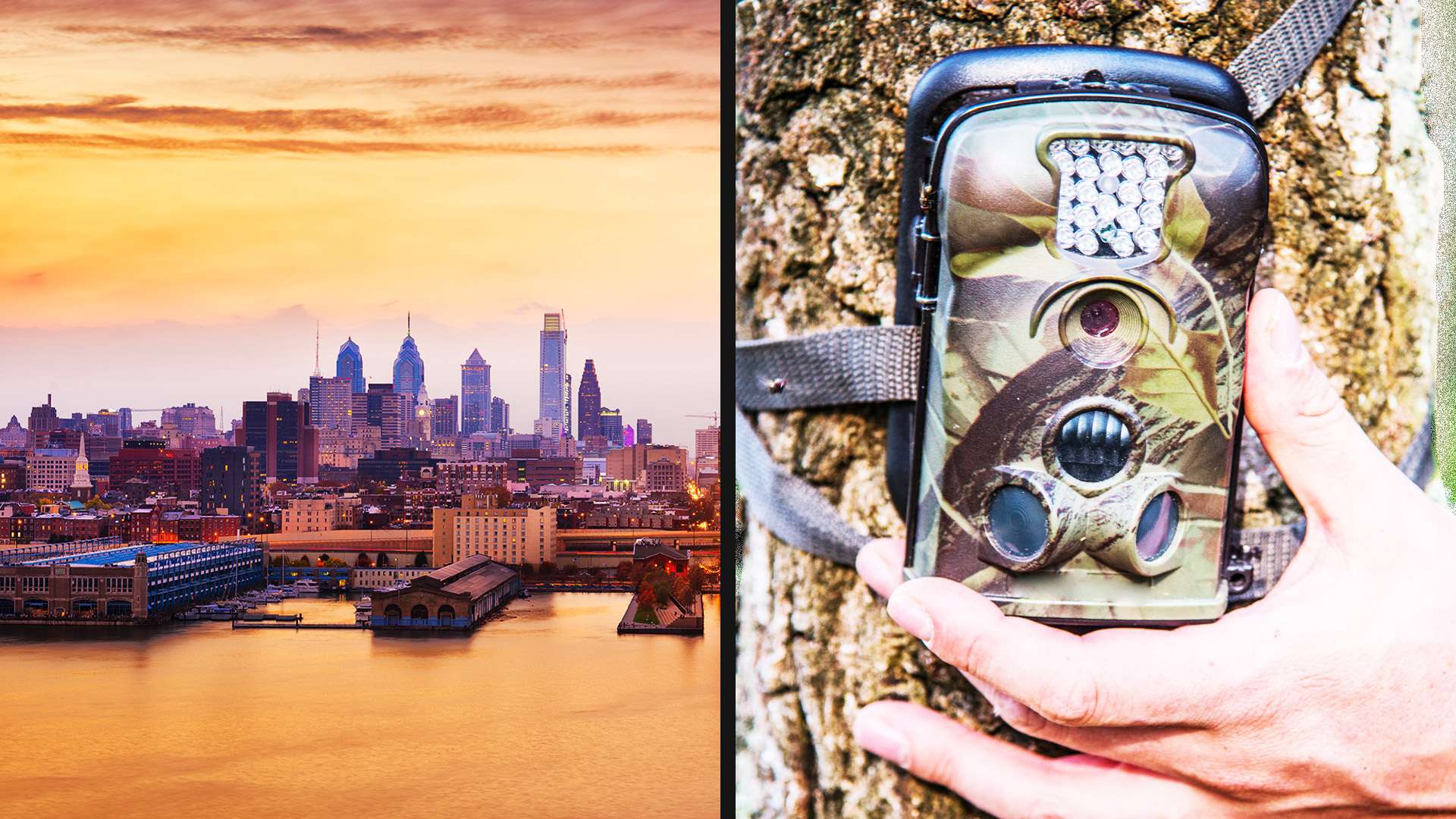In this case, the camera captured photos of Punxsutawney Hunting Club members without their, or the club's, knowledge or consent.
The original complaint singles out one officer in particular, Mark Gritzer, whom members have seen numerous times since he joined PGC in 2013. It alleges that when a member asked Gritzer why he spent so much time at Punxsutawney, he replied that the club has "more hunters than any other clubs in the area," so his odds of spotting violations are better. Now, with a motion-activated camera, Gritzer can police the club even when he's not there in person.
This is not the first such case: In 2018, a Texas man sued Customs and Border Protection (CBP) and the Texas Rangers for placing a surveillance camera on his property without his permission and threatening him with arrest when he removed it. Though his ranch is nowhere near the Mexico border, CBP has the authority to operate anywhere within 100 miles of any international border.
The Pennsylvania lawsuit faces an uphill battle. According to state law, officers do not need a warrant, the property owner's permission, or even probable cause; they may enter private property and surveil hunters for potential violations of hunting laws, without restriction. Any landowners who refuse the officer's request can face up to a $1,500 fine and three months in jail. The lawsuit claims these laws violate Pennsylvania's state constitution and its proscriptions against "unreasonable searches and seizures."
Presumably, this would apply to the Fourth Amendment as well, but as IJ's Andrew Wimer wrote in Forbes, "In 1924, the U.S. Supreme Court upheld a warrantless search of rural land under the legal theory that the officers entered unprotected 'open fields.' The Court then re-affirmed that doctrine in 1984 reasoning that property owners do not have a 'reasonable expectation of privacy' except inside their homes and the immediate area around the home." Commonwealth v. Russo, a 2007 Pennsylvania Supreme Court case, reached the same conclusion, which IJ's lawsuit argues was wrongly decided.
By this standard, nearly anything is fair game. Police can search someone's land so long as they maintain a certain distance from the house. And if the Pennsylvania law is allowed to stand, agents of the state will be able to operate with near impunity on private property without ever having to trouble themselves with a warrant.

 reason.com
reason.com
The original complaint singles out one officer in particular, Mark Gritzer, whom members have seen numerous times since he joined PGC in 2013. It alleges that when a member asked Gritzer why he spent so much time at Punxsutawney, he replied that the club has "more hunters than any other clubs in the area," so his odds of spotting violations are better. Now, with a motion-activated camera, Gritzer can police the club even when he's not there in person.
This is not the first such case: In 2018, a Texas man sued Customs and Border Protection (CBP) and the Texas Rangers for placing a surveillance camera on his property without his permission and threatening him with arrest when he removed it. Though his ranch is nowhere near the Mexico border, CBP has the authority to operate anywhere within 100 miles of any international border.
The Pennsylvania lawsuit faces an uphill battle. According to state law, officers do not need a warrant, the property owner's permission, or even probable cause; they may enter private property and surveil hunters for potential violations of hunting laws, without restriction. Any landowners who refuse the officer's request can face up to a $1,500 fine and three months in jail. The lawsuit claims these laws violate Pennsylvania's state constitution and its proscriptions against "unreasonable searches and seizures."
Presumably, this would apply to the Fourth Amendment as well, but as IJ's Andrew Wimer wrote in Forbes, "In 1924, the U.S. Supreme Court upheld a warrantless search of rural land under the legal theory that the officers entered unprotected 'open fields.' The Court then re-affirmed that doctrine in 1984 reasoning that property owners do not have a 'reasonable expectation of privacy' except inside their homes and the immediate area around the home." Commonwealth v. Russo, a 2007 Pennsylvania Supreme Court case, reached the same conclusion, which IJ's lawsuit argues was wrongly decided.
By this standard, nearly anything is fair game. Police can search someone's land so long as they maintain a certain distance from the house. And if the Pennsylvania law is allowed to stand, agents of the state will be able to operate with near impunity on private property without ever having to trouble themselves with a warrant.
Pennsylvania Game Wardens Filmed Private Club Without Warrant
Police can increasingly access security camera footage, even from privately-owned cameras, without warrants or permission. A lawsuit contends that in
